Medicinal Chemistry
"We are looking for pharmacological tools to validate in vivo, in terms of efficacy and safety, new therapeutic targets."
DR. ANTONIO PINEDA LUCENA SENIOR RESEARCHER. MEDICINAL CHEMISTRY RESEARCH GROUP
The Medicinal Chemistry Research Group, integrated in the Cancer Center Clínica Universidad de Navarra, and belongs to the Therapeutic Innovation Program at Cima is focused on the discovery of small molecules with therapeutic potential; that is, pharmacological tools that allow in vivo validation, in terms of efficacy and safety, of new targets or pathways. This approach is widely used in the discovery of new therapeutic agents.
Our group acts as a transversal platform, involved in different therapeutic areas, working in a multidisciplinary environment where the translational component, both in medicine and basic science, plays a critical role.

Dr. Antonio Pineda Lucena
GROUP LEADER
| +34 948 194 700 | Ext. 812044 | |
| apinedal@unav.es | |
| Research profile |
Oncology research integrated in the
Cancer Center Clinica Universidad de Navarra

Our main lines of work
Biological and medicinal chemistry
- Identification, design, and synthesis of molecules used as chemical probes that can be used to validate new mechanisms of action, biological pathways, and therapeutic targets.
- Pharmacological tools that allow in-vivo validation of new targets, both in terms of efficacy and safety. Once the target has been validated in vivo, an iterative process is carried out, multifactorial optimization of the identified "leads," to obtain a possible pre-clinical candidate.
Single Domain Antibodies
- Development of a platform for identifying new Single Domain Antibodies (SdAbs) directed to therapeutic targets through display technologies, from camelid immune libraries and synthetic libraries. These small (15 kDa) single-domain antibody fragments present significant advantages and versatility in therapeutic applications.
- To perform the production, purification, and physicochemical/biochemical characterization of SdAbs and the design and validation of their various therapeutic applications in vitro and in vivo.
DRUG RESEARCH AND DEVELOPMENT
From clinical need to clinical application
The starting point for the research of new drugs is to understand the real needs of patients and to understand the mechanisms of that disease.
This discovery phase is carried out at Cima and, with the help of pharmaceutical companies and companies, further development is achieved until the drug is made available to patients.
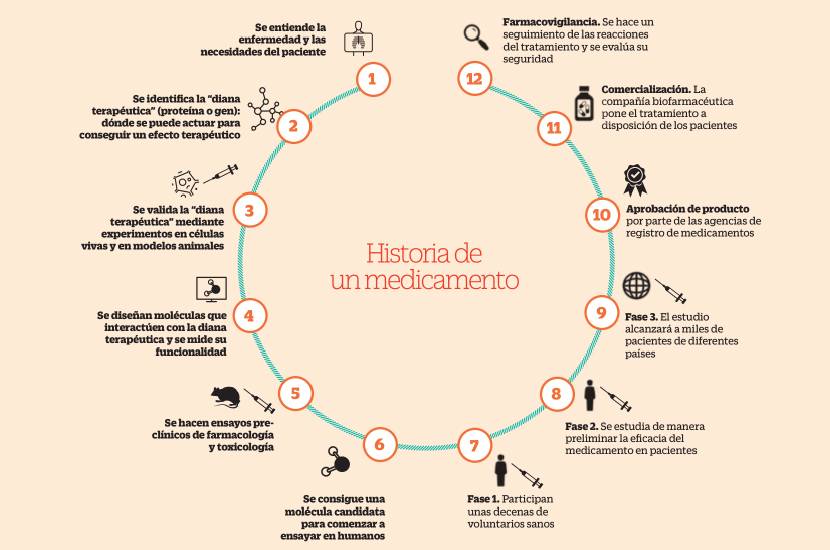
NEW THERAPEUTIC TARGETS
Therapeutic innovation
To discover new molecular therapies that may address unmet medical needs.
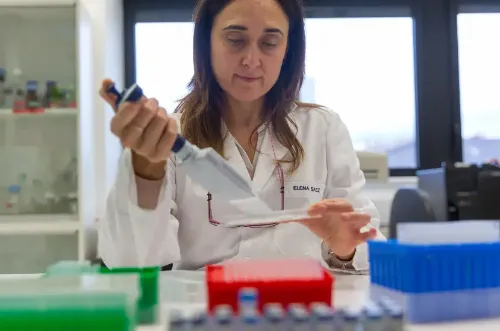
In-vitro and in-vivo validation
In order to know the efficacy and safety of new targets or mechanisms of action of clinical interest through the use of new molecules.
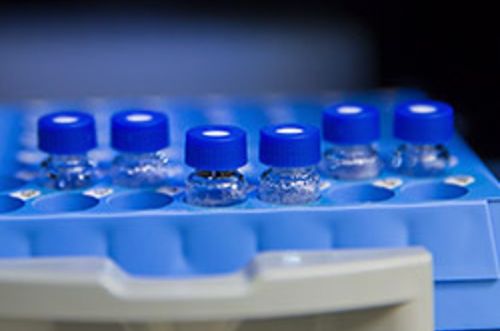
Development of therapeutic agents
Design of new molecules for multifactorial optmization to reach the patient as quickly as possible.
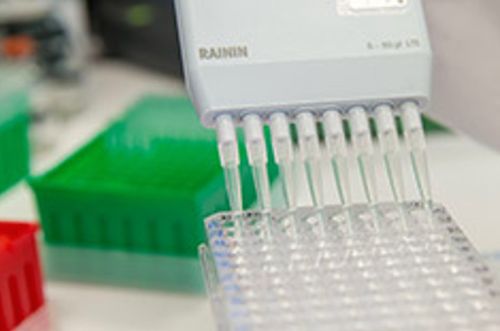
External collaboration
with companies
We make it possible for external companies, with capacity and resources, to invest in the project and take it to the patient, which is our main objective.
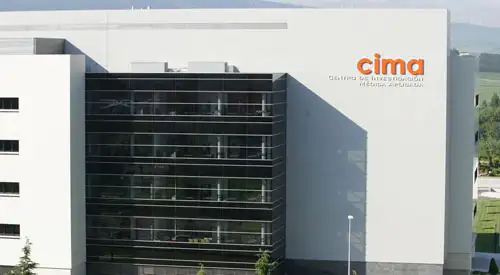
Would you like to help us?
Thanks to the generosity of many people, the Cima Universidad de Navarra is a reality that strives to offer therapeutic solutions to achieve personalized medicine for patients.
Meet the research team






Scientific activity of the
Medicinal Chemistry Research Group
Latest scientific publications
- G9a/DNMT1 co-targeting inhibits non-small cell lung cancer growth and reprograms tumor cells to respond to cancer-drugs through SCARA5 and AOX1 Nov 2, 2024, | Magazine: Cell Death & Disease
- An automated network-based tool to search for metabolic vulnerabilities in cancer Oct 11, 2024 | Magazine: Nature Communications
- Epigenetic-based differentiation therapy for Acute Myeloid Leukemia Jul 2, 2024, | Magazine: Nature Communication
- Pharmacological inhibition of the integrated stress response accelerates disease progression in an amyotrophic lateral sclerosis mouse model [SP] Feb 18, 2024 | Magazine: British Journal of Pharmacology

